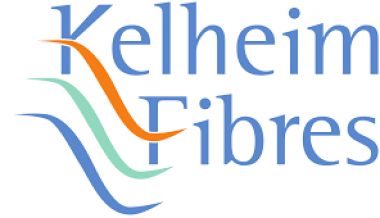Archroma awarded EcoVadis Platinum rating
Archroma announced the renewal of its EcoVadis “Platinum” status and further improvement of its overall rating.
Following an assessment by EcoVadis, covering 21 criteria grouped into 4 themes - Environment, Labor & Human Rights, Ethics, and Sustainable Procurement - Archroma further improved its score by 4 points (from 78/100 to 82/100), thanks in particular to its ongoing efforts in sustainable procurement, focusing on supply chain transparency and best practice sharing with suppliers and industry peers.
More details on Archroma’s sustainable sourcing activities can be found in the company’s Sustainability Report for its fiscal year 2022, released on 8 December 2022. The report includes an assurance report by KPMG, who conducted a limited assurance on several core ESG metrics, including CO2 emissions, water intake, occupational safety and gender diversity. Archroma passed the audit successfully, providing another validation of the company’s commitment to its ESG objectives and roadmap.
Archroma































